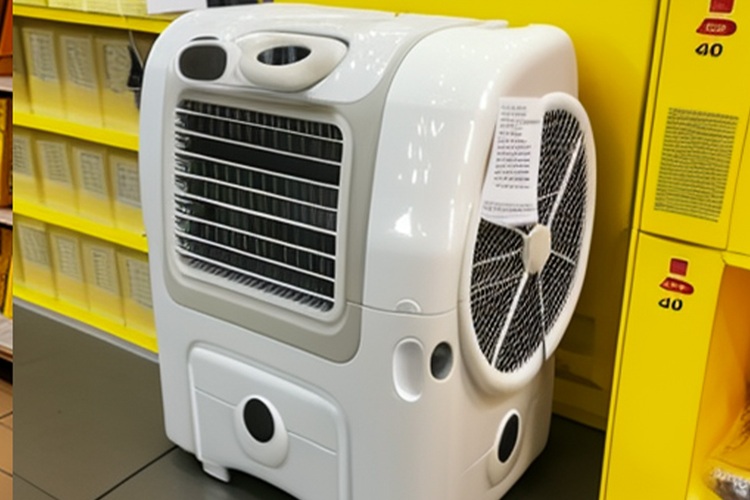Air Conditioning: A Comprehensive Guide
Air conditioning is a crucial technology that helps maintain comfortable indoor temperatures, especially during hot summer months. This article will explore the various aspects of air conditioning systems, their benefits, and important considerations for homeowners and businesses.

How Does Air Conditioning Work?
Air conditioning systems operate on a principle similar to that of refrigerators. They use a refrigerant to absorb heat from indoor air and transfer it outside. The process involves several key components:
-
Evaporator: This component contains cold refrigerant that absorbs heat from indoor air.
-
Compressor: It pressurizes the refrigerant, raising its temperature.
-
Condenser: Located outside, it releases the absorbed heat into the outdoor air.
-
Expansion valve: This device reduces the pressure of the refrigerant, cooling it down before it returns to the evaporator.
As this cycle continues, the indoor air becomes cooler and more comfortable.
Types of Air Conditioning Systems
There are several types of air conditioning systems available, each suited to different needs and spaces:
-
Central air conditioning: Ideal for cooling entire homes or large buildings.
-
Split systems: Consist of an indoor and outdoor unit, suitable for cooling individual rooms.
-
Window units: Self-contained systems that fit into window frames.
-
Portable air conditioners: Mobile units that can be moved between rooms.
-
Ductless mini-split systems: Offer flexibility for homes without ductwork.
The choice of system depends on factors such as the size of the space, budget, and energy efficiency requirements.
Energy Efficiency and Environmental Considerations
Modern air conditioning systems are designed with energy efficiency in mind. When choosing an air conditioner, look for:
-
Energy Star certification: Indicates high energy efficiency.
-
SEER rating: Higher SEER (Seasonal Energy Efficiency Ratio) numbers indicate better efficiency.
-
Programmable thermostats: Allow for better temperature control and energy savings.
-
Regular maintenance: Ensures optimal performance and longevity of the system.
It’s also important to consider the environmental impact of air conditioning. Many newer systems use refrigerants with lower global warming potential, helping to reduce the carbon footprint.
Installation and Maintenance
Proper installation and regular maintenance are crucial for the efficient operation of air conditioning systems. Key points to consider include:
-
Professional installation: Ensures correct sizing and setup of the system.
-
Regular filter cleaning or replacement: Improves air quality and system efficiency.
-
Annual professional inspections: Help identify and address potential issues early.
-
Proper insulation: Reduces the workload on the air conditioning system.
Regular maintenance not only improves performance but also extends the lifespan of the system.
Cost Considerations and Comparisons
The cost of air conditioning systems can vary widely depending on the type, size, and efficiency of the unit. Here’s a comparison of different systems:
| System Type | Average Cost Range | Installation Cost | Energy Efficiency |
|---|---|---|---|
| Window Unit | £150 - £500 | £50 - £150 | Moderate |
| Portable AC | £300 - £700 | DIY | Low to Moderate |
| Split System | £500 - £2,500 | £500 - £1,500 | High |
| Central AC | £2,500 - £7,000 | £1,500 - £3,000 | Very High |
| Ductless Mini-Split | £1,500 - £5,000 | £1,000 - £3,000 | Very High |
Prices, rates, or cost estimates mentioned in this article are based on the latest available information but may change over time. Independent research is advised before making financial decisions.
When considering the cost, it’s important to factor in both the initial purchase price and long-term energy costs. More efficient systems may have higher upfront costs but can lead to significant savings on energy bills over time.
Conclusion
Air conditioning has become an essential part of modern life, providing comfort and improving indoor air quality. By understanding the different types of systems, their operation, and maintenance requirements, consumers can make informed decisions about the best air conditioning solution for their needs. Whether for residential or commercial use, a well-chosen and properly maintained air conditioning system can significantly enhance the comfort and livability of any space.




